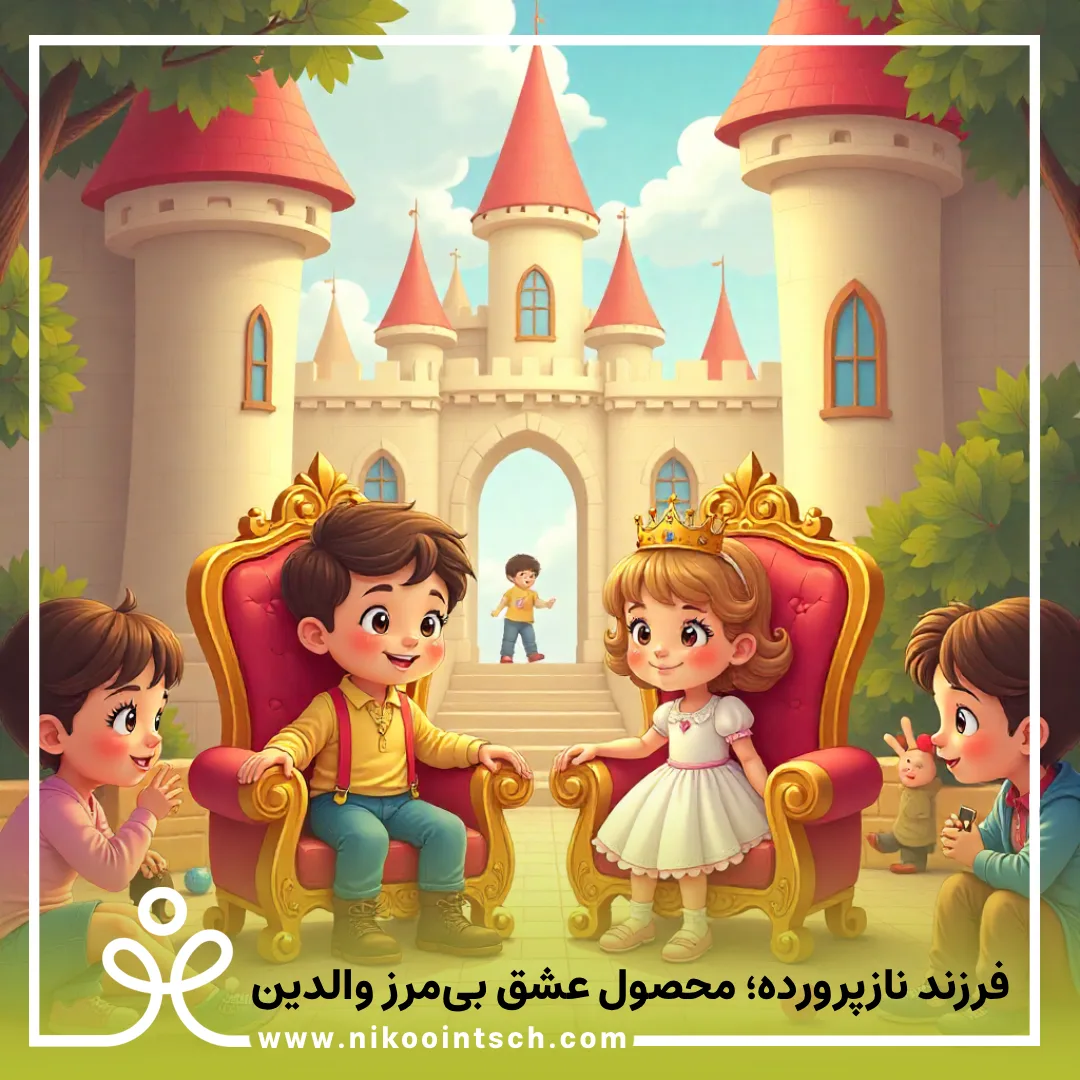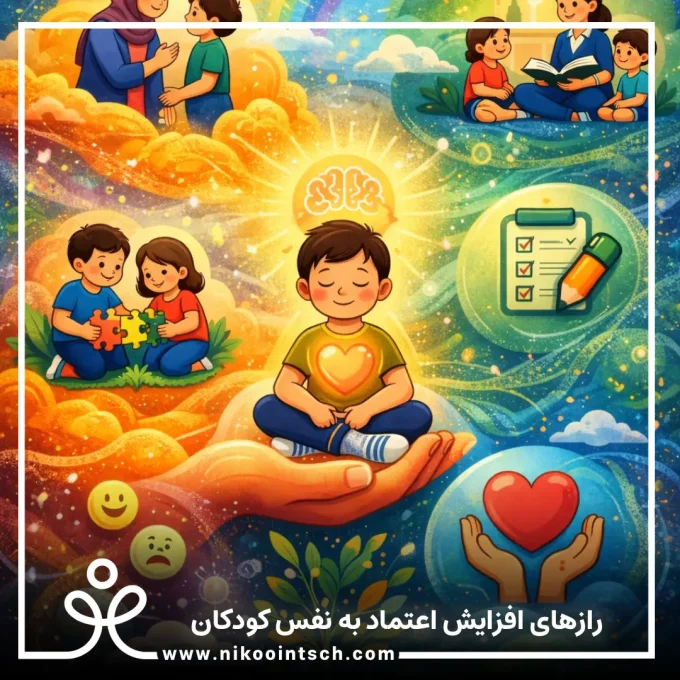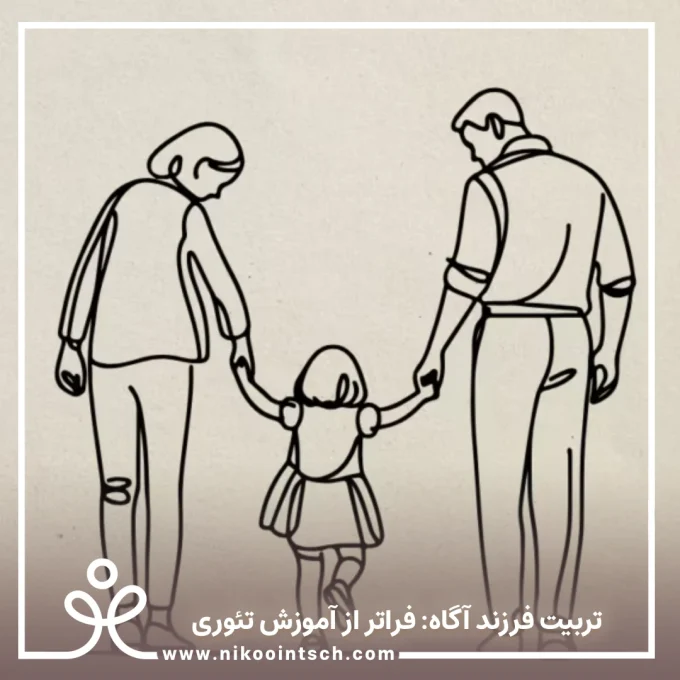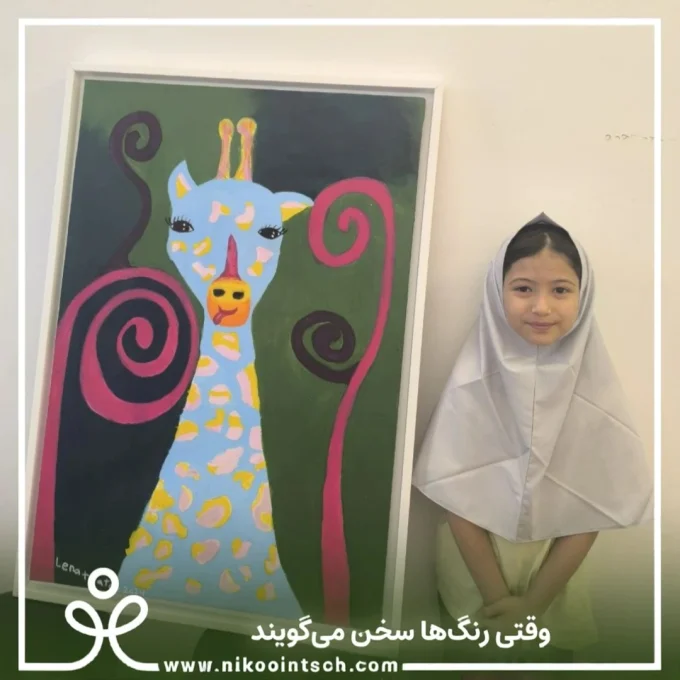At first glance, words like “prince” or “princess” may seem harmless—perhaps even a sign of affection and respect within the family. However, this kind of treatment, beyond the words themselves, can lead to overindulgent parenting: raising a child detached from social reality, self-centered, entitled, irresponsible, and lacking empathy, resilience, and self-confidence. Raising a child like a prince or princess means building a fantasy world where everything goes their way, failure has no meaning, and others exist only to keep them happy.
Sometimes, out of love and protection, parents treat their child like royalty—always the center of attention, always the winner, always exempt from responsibility or mistake. Yet this approach, known in psychology as overindulgent parenting, can have deep consequences for the child’s behavior, personality, and social relationships in the future.
The Fantasy World of the Little Prince or Princess
A child raised in such an environment gradually believes the world must obey their wishes. Parents who immediately fulfill every desire create a world without rules, boundaries, or disappointment. In this imagined kingdom, the child’s “I” becomes the center of everything, and others exist only to serve. This mindset fosters a kind of emotional and cognitive egocentrism, preventing the child from understanding that others also have feelings, desires, and limits.
Traits of Royal Upbringing
A child raised like a prince may appear polite and charming on the surface, but deep down, they cannot tolerate hearing “no.” They expect everything to go their way, fear mistakes, and resist rules. Though appealing in childhood, they often collapse under the smallest failure later in life. On the other side are parents who unknowingly become servants of their little monarch—always ready to clean up, take responsibility, and feel guilty whenever their child is upset.
Behavioral Mistakes in Childhood
۱. Low tolerance for frustration:
Children who are always the winners may react with anger, tears, or tantrums even to a simple “no.” They fail to learn that disappointment is a natural part of life. At school or in groups, when outcomes don’t match their expectations, they often refuse to cooperate or continue participating.
۲. Excessive dependence on parents:
Such children cannot make independent decisions because choices have always been made for them. What looks like love and care actually hinders the growth of self-confidence and decision-making skills.
۳. Weak social skills:
A “royal” child often struggles to share, take turns, or compromise. They crave attention and may react dramatically when ignored, favoring one-sided relationships that preserve their “special” status.
۴. Dependence on praise:
Instead of internal motivation, they rely on external validation. If no one praises them, they feel worthless and lose drive.
Dangerous Transitions in Adolescence
During adolescence—the phase of identity and independence—this parenting style creates deeper problems:
- Sudden collapse of self-image: The real world is not full of admiration. When faced with criticism or rules, they feel unfairly treated, which can lead to anger, depression, withdrawal, or even severe mental health issues.
- Emotional overdependence: They may seek relationships that maintain their “special” role. When threatened, they display jealousy, control, or unhealthy attachment.
- Arrogance and denial of fault: Having never faced accountability, they perceive any criticism as an insult, leading to conflict with teachers, peers, and family.
Long-term Effects in Adulthood
۱. Relationship and career issues: Adults raised this way struggle in mutual relationships. In marriage, they expect a partner without limits or criticism; at work, they resist authority and responsibility.
۲. Anxiety and emotional fragility: Their confidence depends on external praise. When ignored, they feel anxious, inadequate, or depressed.
۳. Lack of self-control: Having grown up without boundaries, they struggle to regulate anger, spending, or impulses, leading to addiction or instability.
۴. Low resilience in crises: Sheltered lives leave them unprepared for real-life hardships like academic failure, breakups, or job loss.
Correcting the Parenting Path
To avoid this pattern, parents must distinguish between love and worship. Love should not isolate a child from reality.
- Set clear boundaries: Teach that family and social rules are not negotiable.
- Give meaningful praise: Admire effort, persistence, and ethics—not just looks or talent.
- Assign responsibility: Simple tasks like cleaning up or helping around the house foster accountability.
- Allow small failures: Experiencing disappointment builds resilience for adulthood.
- Promote fairness and empathy: Encourage understanding others’ feelings and limits.
Practical Tips for Parents
- Encourage patience and conversation instead of instant gratification.
- Focus praise on effort and values, not just success.
- Let children face natural consequences of their choices.
- Talk about others’ emotions to develop empathy.
- Don’t fear the word “no”—boundaries build respect.
- Promote teamwork and shared responsibility in group activities.
Raising a True Prince or Princess
A true prince or princess is not one who has servants, but one who knows responsibility and values others. Healthy parenting teaches that respect is earned through behavior, not appearance or status. A child should learn that failure is part of growth and that mistakes are opportunities for learning, not shame. If parents want their children to be truly noble, they must nurture kindness, empathy, decision-making power, and self-control—not glitter and fantasy.
Overindulgent parenting may stem from love, but its outcome is often the opposite of happiness. Such children grow up anxious, dependent, and emotionally fragile. True love means preparing a child for the real world—not building an illusion of perfection. Children who learn they are valuable but not superior become balanced, compassionate, and resilient adults.












